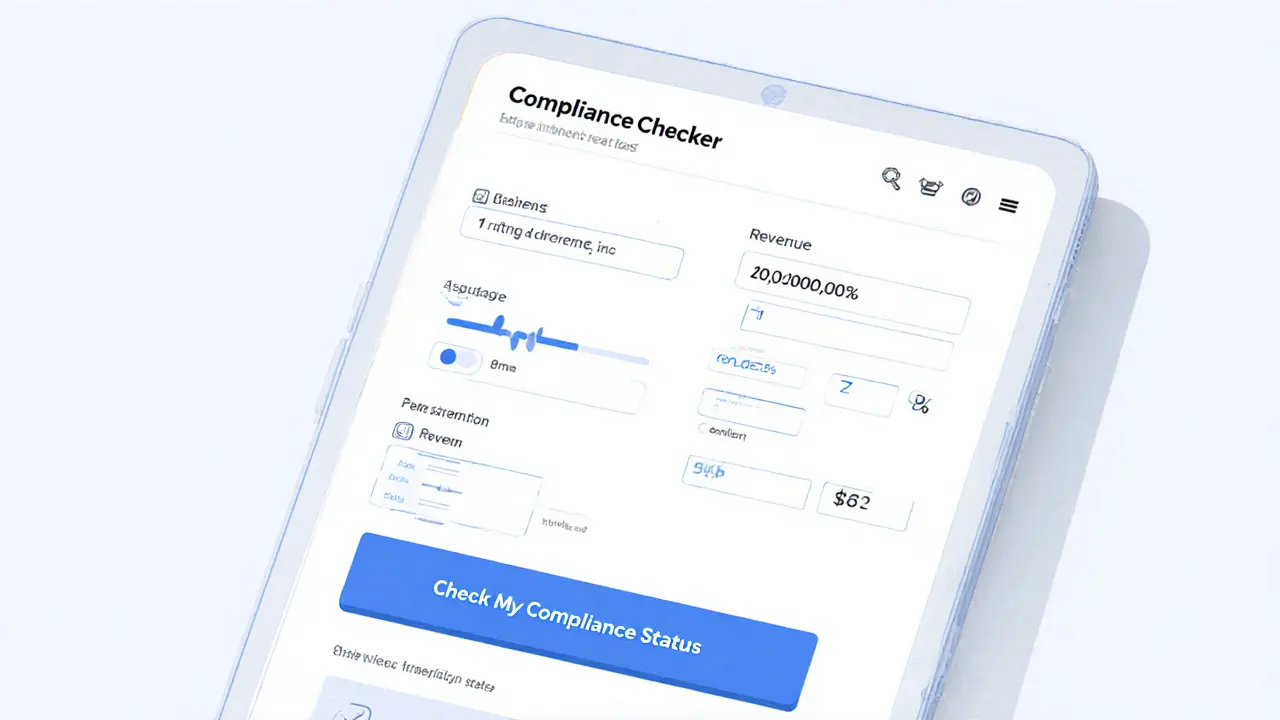US State Privacy Laws
When you start dealing with US state privacy laws, the collection of rules each state enforces to protect personal data and dictate how businesses must handle consumer information, you quickly realize they’re not a single uniform code. They also appear as state data protection statutes and shape everyday interactions from online shopping to health apps. One of the most visible examples is the California Consumer Privacy Act (CCPA), California’s groundbreaking law that grants residents the right to know, delete and opt‑out of their personal data being sold. Another pillar is the family of data breach notification laws, requirements that force companies to alert affected individuals and regulators when personal data is compromised. Finally, the concept of consumer data rights, the set of powers given to individuals to control, access and correct their personal information underpins every state’s approach. In short, US state privacy laws encompass consumer data rights, require transparent data practices, and influence each other – the CCPA, for instance, has inspired similar statutes in Colorado, Virginia and Utah.
How State Laws Impact Your Business
If you run an e‑commerce site, a SaaS platform, or even a local brick‑and‑morter shop that collects email addresses, you’re already subject to at least one of these statutes. The key attributes to watch are the “right to opt‑out,” “right to delete,” and “data minimization” requirements. For example, Colorado’s Privacy Act demands that you provide a clear privacy notice and honor deletion requests within 45 days. Virginia’s Consumer Data Protection Act adds a “data inventory” step, meaning you must map out every data flow before you can claim compliance. Across the board, most states enforce a data breach notification timeline of 30 to 60 days, and penalties can range from $100 per violation to millions for systematic neglect. Knowing which states apply to you helps you prioritize – start with the CCPA if you have California users, then add Colorado and Virginia as you expand. Tools like privacy management platforms, consent banners, and regular audits simplify the process, while a simple checklist (identify data sources, map flows, update notices, set up breach response) keeps you on track.
Looking ahead, lawmakers are debating a federal privacy framework that could streamline many of these requirements, but until then each state continues to fine‑tune its rules. Upcoming changes include stronger enforcement in Utah’s privacy law and the introduction of “data fiduciary” duties in several western states. Understanding the current landscape lets you stay ahead of audits, avoid costly fines, and build trust with customers who value control over their personal information. Below you’ll find a curated set of guides, analysis pieces, and practical how‑tos that break down the most pressing aspects of US state privacy laws – from step‑by‑step compliance checklists to deep dives on the CCPA’s impact on marketing strategies.
2025 Privacy Protocol Regulations: U.S. State Laws & Global Framework
A detailed guide to the 2025 privacy protocol regulations, covering eight new U.S. state laws, global frameworks like India's DPDPA, compliance steps, common pitfalls, and a FAQ.
VIEW MORE
